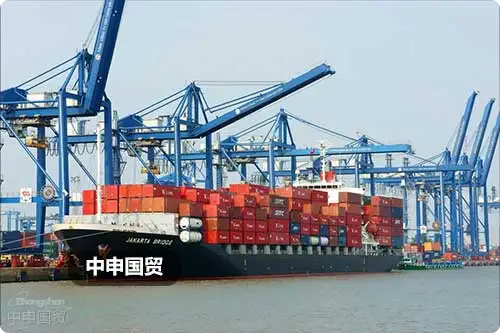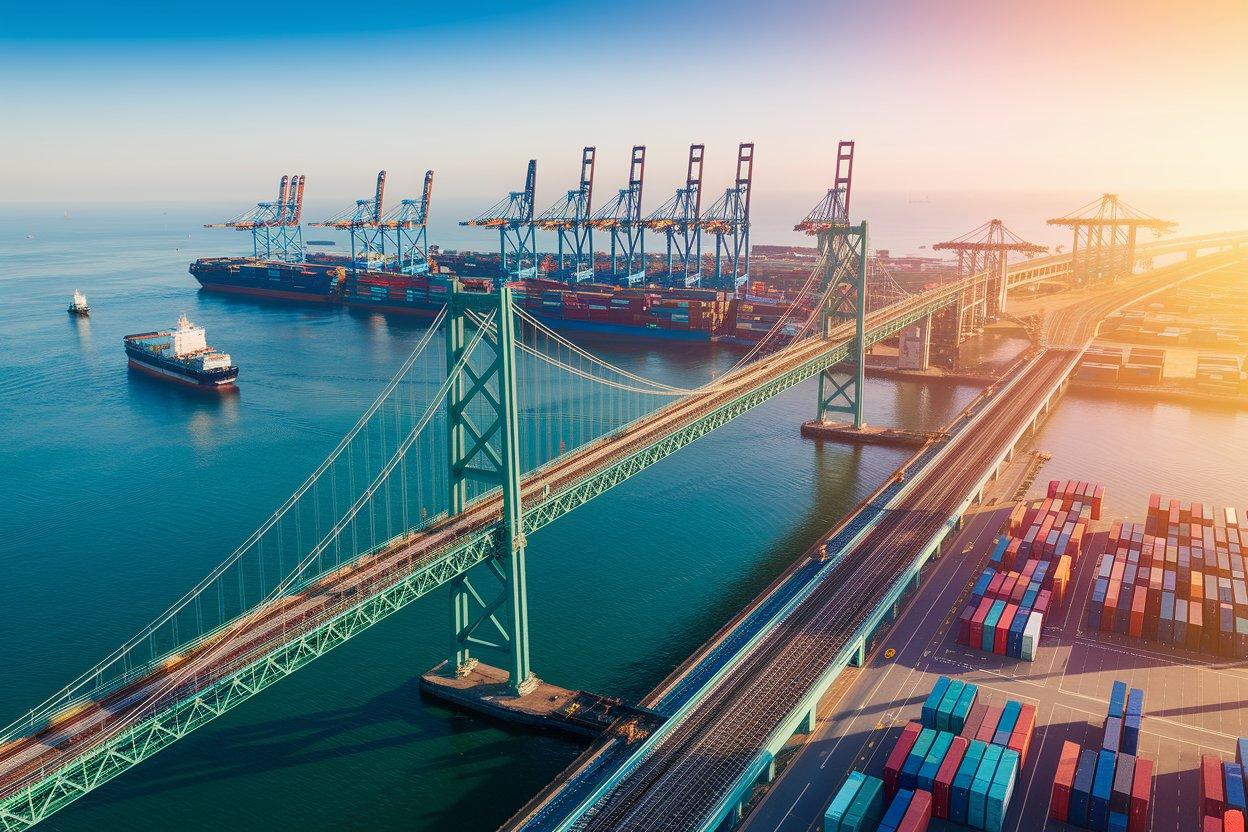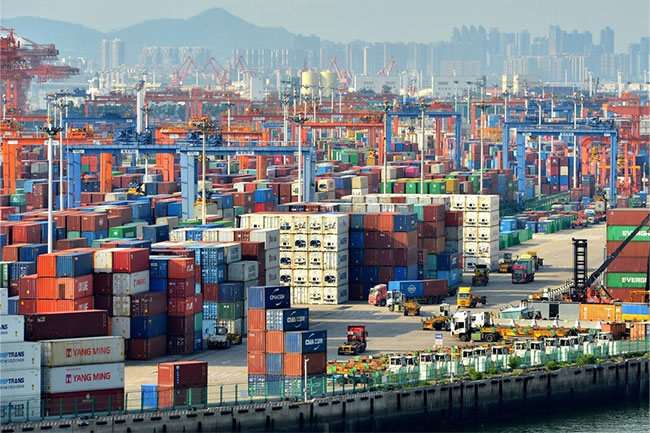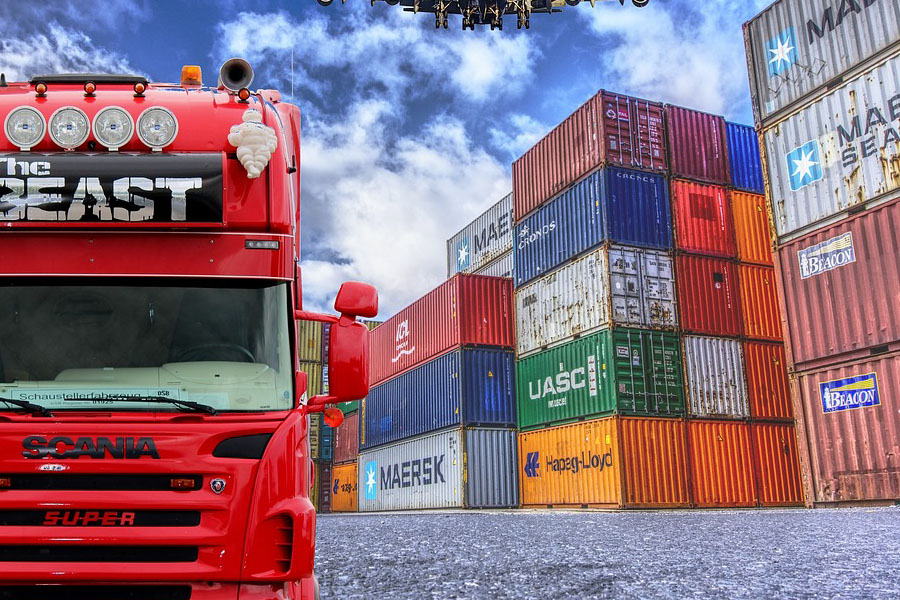- Shanghai Zhongshen International Trade Co., Ltd. - Two decades of trade agency expertise.
- Service Hotline: 139 1787 2118

1. What is the payment collection process for entrusted export agency?
The standard fund recovery process consists of four key stages:
- Confirm the metal composition test report (Needs to include ASTM/EN/JIS standard parameters): Clarify the payment terms in the agency agreement, including:
- Payment settlement currency (cross-border RMB settlement is recommended as the priority option)
- TT payment cycle (the cross-border RMB settlement cycle is generally shortened to 15 working days by 2025)
- L/COpening Requirements (Subject to Agreed Period for Presentation of Compliant Documents)
- Logistics execution stageRequest the agency to synchronize in real time:
- Electronic record of customs declaration
- Maritime TransportationBill of Lading (B/L) scanned copy
- Customs clearance documents for the port of destination
- Foreign exchange verification stageStarting from 2025, the State Administration of Foreign Exchange will implement "paperless verification and cancellation," and enterprises must ensure:
- Customs declaration amount andA complete export agency agreement should be attached with:The amount discrepancy shall not exceed ±5%.
- Cross-border RMB settlement requires the transaction code to be noted.
- Fund transfer stageA formal agency company should complete the following within 3 working days after receiving the payment:
- Foreign ExchangeFX Settlement Agency(or transfer in original currency)
- Issuance of Special Value-Added Tax Invoice
- Profit distribution settlement
II. How to Prevent the Risk of Agency Companies Misappropriating Payment Funds?
It is recommended to adopt a three-tier risk prevention and control system:
- Pre-review:
- Check the customs AEO certification status of the agency company (the 2025 new version of certification standards has been implemented).
- Please provide the annual foreign exchange revenue and expenditure audit report.
- Please verify the filing information on China's International Trade Single Window.
- In-process monitoring:
- Request to open a joint bank account (Multiple banks will introduce intelligent supervision account services in 2025).
- Agree to use blockchain trade finance platforms (such as cross-border trade blockchain service platforms).
- Real-time tracking of the State Administration of Foreign Exchange's goods trade monitoring system data
- Post-shipment traceability:
- Retain complete email and WeChat communication records.
- Regularly verify the annual declaration data for cross-border e-commerce from the General Administration of Customs.
- Request the agency to provide monthly bank statements.
III. What impact will the 2025 foreign exchange control regulations have on payment collection?
According to the latest foreign exchange management policy (Hui Fa [2025] No. 6), enterprises should pay special attention to:
- Advance Payment Management: Advance payments exceeding 30% of the contract amount require submission of a justification statement.
- Deferred payment collection:Extensions of payment terms exceeding 180 days must be registered on the SAFE platform.
- Multi-currency settlement: Allow splitting a single contract into three settlement currencies (must be noted on the customs declaration form).
- Digital currency settlement: Pilot enterprises can use digital RMB for cross-border payments (prior registration is required).
Case Study of a Yangtze River Delta Manufacturing Enterprise: Due to the failure to register a 270-day letter of credit in a timely manner, the payment of $1.2 million was delayed by 45 days, resulting in additional foreign exchange losses of approximately $8,000.
4. How to Protect Your Rights When the Agency Goes Bankrupt?
Countermeasures should be implemented throughout the entire cooperation process:
- Contract terms:
- It is explicitly agreed that the payment belongs to the property of the principal.
- Request to establish a dedicated regulatory account.
- Agreed emergency handling procedures in the event of bankruptcy
- Property right control:
- The consignee on the bill of lading should show the end buyer (avoid displaying the agent company).
- Original bill of lading or telex release authorization must be obtained.
- Legal remedy:
- Promptly apply for property preservation (the court will launch a 48-hour emergency preservation channel in 2025).
- To claim the debt through the International Trade Arbitration Commission.
- Utilize credit insurance claims (China Credit Insurance will include agency risks in its coverage by 2025).
5. How to choose a payment method that balances both efficiency and security?
Based on the 2025 industry data, three combination schemes are recommended:
- Traditional Letter of Credit + Blockchain: Automatically execute payment terms through smart contracts, reducing the average processing time from 21 days to 7 days.
- Cross-border RMB + factoring financing: Utilizing the free trade zone policy to achieve T+3 settlement, reducing capital costs by 0.8-1.2%.
- Digital Wallet + Cargo Monitoring: By integrating IoT technology, achieve synchronized control of cargo ownership and payment.
A Shenzhen-based electronics company adopted the "30% advance payment + 70% payment against copy of bill of lading" method, covering risks with bank payment guarantees, reducing its annual bad debt rate from 1.7% to 0.3%.
Related Recommendations
? 2025. All Rights Reserved. Shanghai ICP No. 2023007705-2  PSB Record: Shanghai No.31011502009912
PSB Record: Shanghai No.31011502009912









